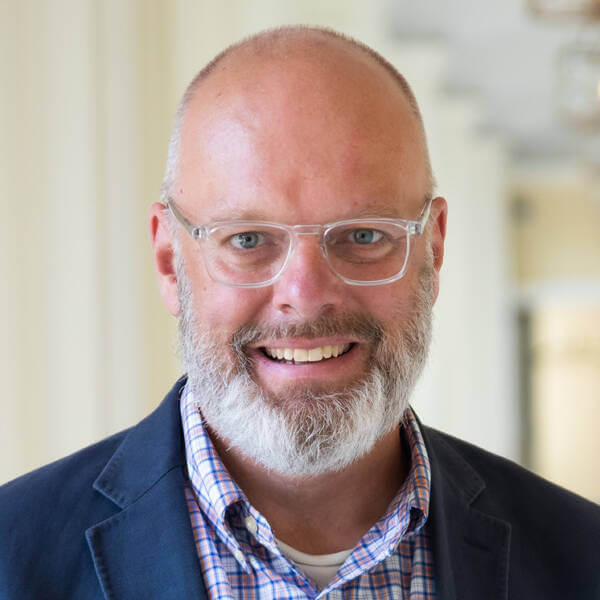Disappearing
I was raised primarily by some older people in our church community, and then also my grandparents and so I was raised by people for whom storytelling was the primary way of keeping history and memories and places alive. And so when I came into the Native Studies world, it resonated with me really closely that this is a way that people tell stories. But unlike my grandparents’ stories, which were stories and family myths and lore, in the native communities I found that there are people entrusted to tell the same stories the exact same way in family lines for thousands of years so that the stories wouldn't be corrupted in a system where there wasn't necessarily a formal system.
I grew up incredibly poor. You know, food stamps wouldn't even be the beginning of it, lots of other kinds of charity in our family. And we were, our housing was vulnerable a great deal of the time and whatnot, and that brought me into contact with a lot of other people in the world. And it was pretty apparent to me that we got better treatment because we were poor white people, and not poor people of other races; or we got to cut in line at different times because people assumed that our forms were filled out correctly or whatever, over other racial groups. So I was vaguely aware of that as a kid, you know, as much as a kid can be. I was aware that when the schools were integrated, that my Black friends, when we got sent to the white school, my Black friends were treated worse than I was. And I was like, wait I’m poor too, why am I getting treated better? And it clicked for me at some point that it was because I was white. And the teachers didn't know that I was poor. You can hide poor but you can't hide race very easily, at least Blackness and some other ethnicities.
And so I was sort of aware of these things and I guess I also was aware that I could, because of my race and gender, I was able, before there was a term for it, I could amplify other voices. And so when I got to the Indian School, and I didn't know anything about Native people, I was embarrassed for my upbringing and my education and where I came from. Then I started to find out that really none of my friends that I grew up with and that had done well in school knew anything either. And I thought, “Ah, well here’s stories that need amplifying and need to be said out loud. And so that, and I was a women's studies minor, I was the first women’s studies minor at my university and I kept it as a field in graduate school and similar things. And the world's changed a lot since then and it's been so interesting to watch it change.
And, you know, as a cisgender, heterosexual, white male that's fought for some of these issues in small, small ways in my career and in my lifetime, there’s times it is so tiring and frustrating and wearisome and that you get tired of having the same arguments with people over and over again. And then I remember “Oh, yeah, but I get to go to the store and not have to fight this battle because of how I look and who I am and my gender and everything” and so you get tired of it and you think, “Oh, I can check out anytime I want of this and other people can't.” And I think that's probably the next reality for advocates and allies and accomplices of groups that are underrepresented and underheard is to realize that other people don't ever get to turn it off and disappear into the crowd.

Brian Collier
Brian Collier is a professor at the Alliance for Catholic Education at Notre Dame and Senior Advisor to the American Indian Catholic Schools Network (AICSN).